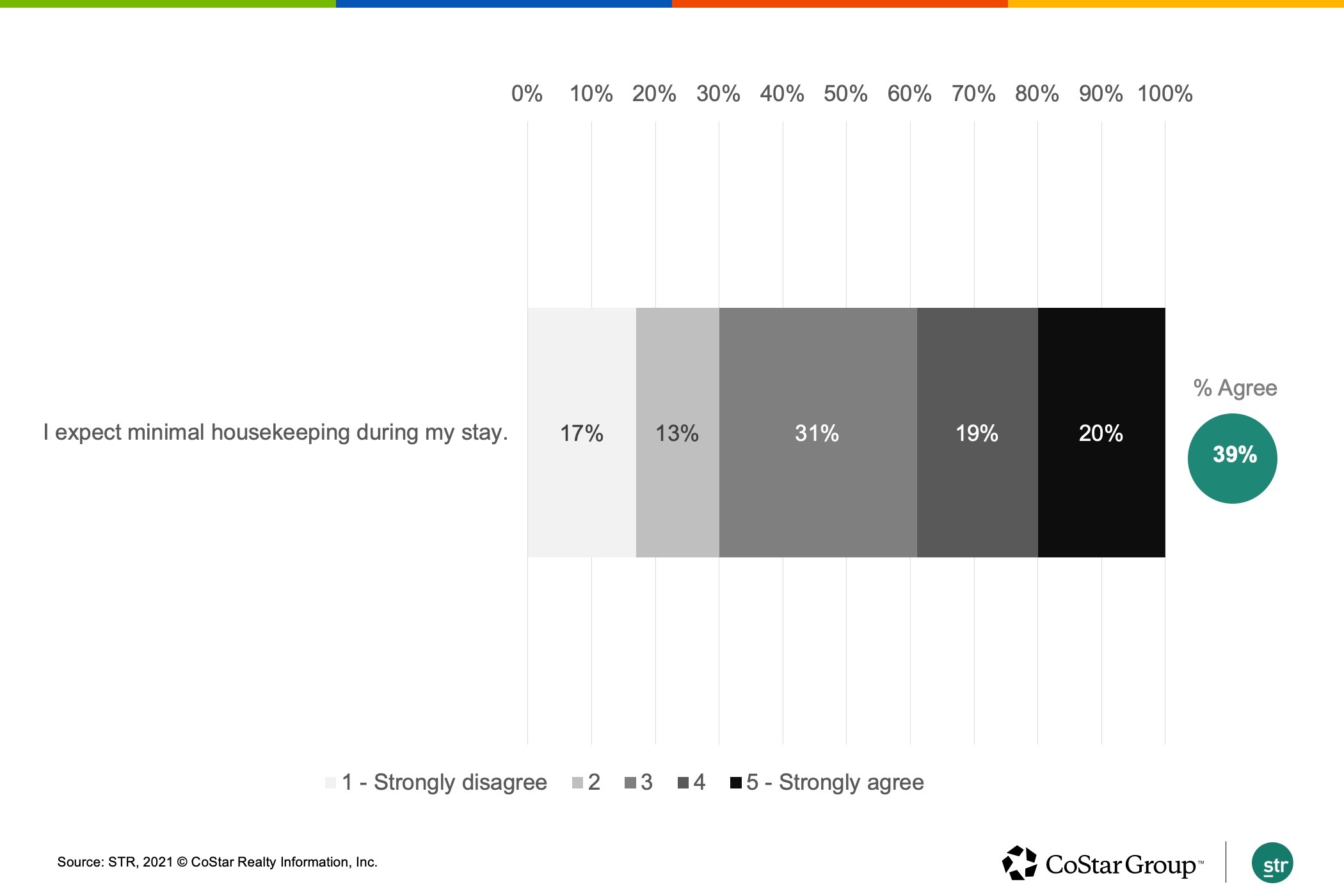As the hospitality industry returns to some sense of normalcy with demand for travel steadily increasing, it is important to take stock and assess how the pandemic, and its resultant impact on consumer behavior, may leave an indelible mark on the industry. Recent consumer research conducted by STR, CoStar's hospitality analytics firm, provides insight on these changes.
Location, Price and Cancellation Policies
Traditional determinants of hotel location and value for money continue to be key influences on accommodation choice. This is an encouraging finding, which provides reassurance that what was relevant before COVID-19 continues to be relevant during recovery and perhaps beyond.
However, reflecting the volatile and unpredictable nature of travel in recent months, cancellation policies have become much more important than before COVID-19. Almost one in three respondents in STR’s global survey stated that the accommodation provider’s cancellation policy was a main factor that influenced booking decisions. This was much higher than recorded in similar STR research conducted in 2020. While there is an expectation that travel plans will be less prone to change as we move through the recovery, increased flexibility is likely to continue to appeal to consumers going forward.

Scrambling for Breakfast
One way in which the pandemic has upended the hospitality industry is by changing food-and-beverage service. For most hotel operators, buffet breakfasts have been replaced with grab-and-go or a la carte services to minimize infection risks by creating “contactless” options. Consumers, however, are polarized about this change. Some support contactless food service in hotels in which guests order and pay without interacting with servers or touching shared public services. Others disagree with the idea of contactless food service, and an equal number are indifferent.

Do Not Disturb
The pandemic has also had a fundamental impact on housekeeping at hotels. Expectations before COVID-19 of regular and attentive room cleaning services now have been swayed by concerns over infections and viral spread. Because of this, many hoteliers have adopted less frequent housekeeping services.
Among consumers, there is lukewarm support for minimal housekeeping. Most surveyed travelers said they expect minimal housekeeping in the current situation. However, just under one in three disagree.

What’s Next?
Cancellation policies, housekeeping and food services are just a few of many hotel operations that have been heavily influenced by COVID-19. In the current environment, some travelers seek and expect services that reduce risk and offer increased personal safety. As vaccination progress continues and the world reopens, it remains to be seen how hardened these expectations remain. However, hotel services, which require guest and staff interactions, will continue to be fundamental to hospitality experiences going forward.
Chris Klauda is senior director of Market Insights at STR.
This article represents an interpretation of data collected by STR, CoStar's hospitality analytics firm. Please feel free to comment or contact an editor with any questions or concerns. For more analysis of STR data, visit the data insights blog on STR.com.
